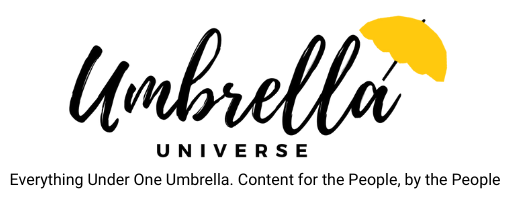Yesterday I visited a medical professional, who for the first time in years, applied the practice of narrative medicine. Distilled down to its most basic meaning, narrative medicine is the practice of using patients’ narrative, along with research and education to promote healing and health. While not a new concept, narrative medicine is becoming more of a mainstream approach used by medical practitioners.
Now, I can imagine what you’re thinking: don’t medical professionals always listen to what the patient says? The answer may surprise you. In the most basic sense, yes. A patient goes in with a medical issue to discuss and the doctor listens. However, the response of the doctor often falls outside the practice of narrative medicine. Let me use myself as an example.
I have been rear-ended in three different vehicle accidents, resulting in me living with high pain for the past 11 years. In that time, I have been to well over 60 medical specialists in attempts to reduce my pain, understand the root of the pain, and to prevent further injury. In that time, most medical practitioners offered pre-determined advice; recommendations that were a generic baseline approach to dealing with chronic pain. They didn’t help reduce the pain and my quality of life deteriorated. I was told I was uncooperative if I didn’t want to use certain prescribed drugs. I was told there is no way to determine the root of the pain because it is ‘just pain’. I was told – on more than one occasion – that I made up the pain. The practitioners heard my reason for seeing them yet had their own pre-determined methods for working with pain sufferers.
After all these years, I have found very few practitioners who believe in taking the patient’s experience seriously and who curate a plan – specific to the patient’s needs – based on research and the word of the patient. But there are some that do. They really do exist; it just takes time to find one that suits your needs.
Now, after recently being diagnosed with a critical illness (in addition to living with high pain) and undergoing surgery and treatment, I am amid working with a whole new set of medical care professionals. Yesterday, at an initial appointment, I met a doctor who wanted to understand me, not just my medical circumstances. The doctor approached me as a whole person, with layers of complexity and humanity. While the appointment did not address all my concerns, I left feeling heard. I felt validated and have no doubt that when I return to that office, my issues will be addressed completely with understanding and compassion.
Keep in mind, there is power in narrative medicine. Take the time to find a medical practitioner that will listen to you. Your care, within the umbrella of narrative medicine, will be satisfying, complete, and undoubtedly successful.




